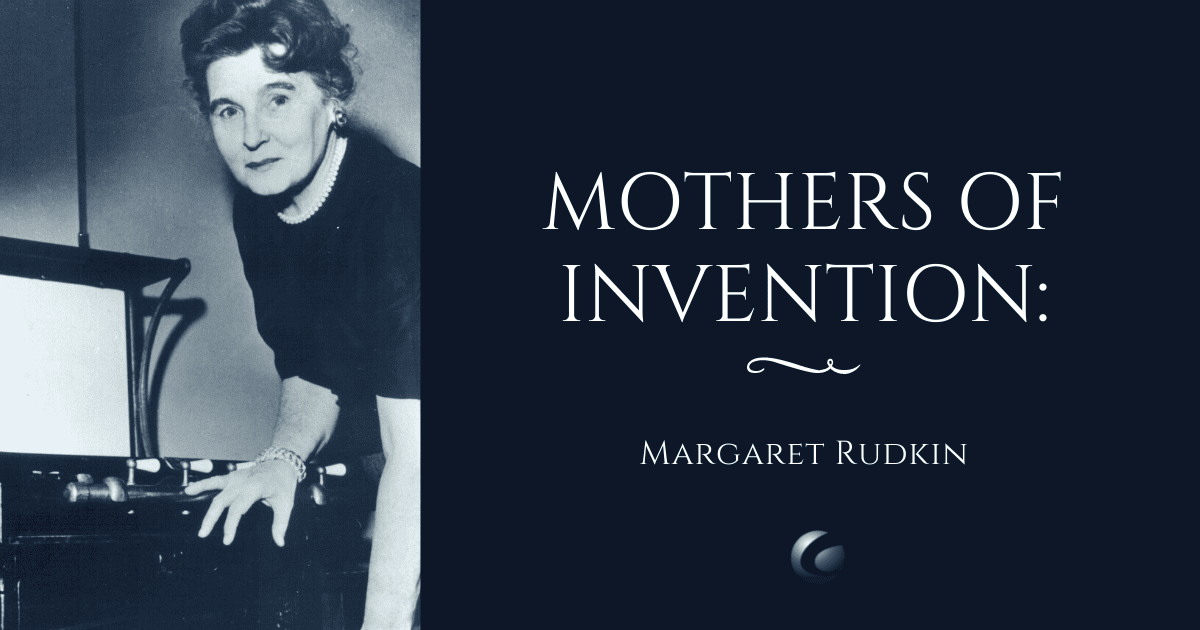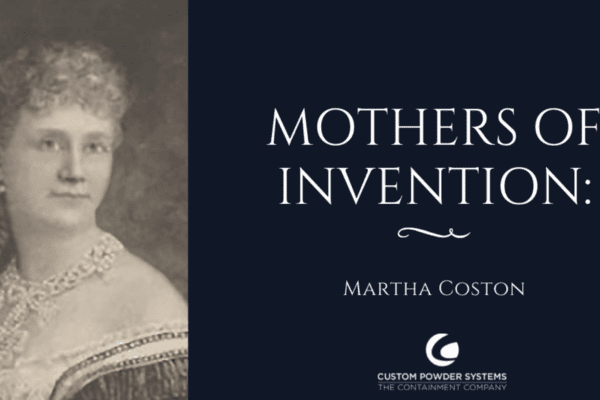In the countryside of Connecticut lies a property called Pepperidge Farm, the place where Margaret Rudkin founded her now nationally-known bakery brand of the same name. What began as a mother experimenting with baking healthful bread at home for her family has become a company which sells over $2 billion worth of bread, cookies, snacks, and more each year.
Producing a “Top Quality Food Product”
Margaret (Fogarty) Rudkin was born into a second-generation Irish family in New York in 1897 and grew up to become valedictorian of her high school class. She spent several years working as a bookkeeper in the city before settling down with her family in Fairfield, CT––right at the beginning of the Great Depression.
While Margaret and her husband did not have any prior farm life experience, moving to their new property prompted a determination for them to learn how to make sauerkraut and jams, churn butter, raise and butcher livestock, and eventually bake bread.
Due to the pair’s youngest son being plagued by severe allergies and asthma, Margaret decided to try her hand at making some all-natural, stone-ground, whole wheat bread to supplement his diet of minimally-processed foods (despite never having baked bread before in her life). Though her first several loaves were practically inedible, her persistence eventually paid off once she perfected her recipe for “the best bread her family and friends had ever had.”
This “top quality food product”, as Margaret called it, helped her son’s health so much that his doctor began recommending it to his other patients. And with that, the astonishing demand for Margaret’s premium bread was born.
Continued Growth and Innovation
The first step in the commercialization of Pepperidge Farm’s preservative-free bread was to get it into the hands of local grocers. Though there was initial hesitancy due to Margaret’s bread being more than double the cost of typical 10-cent white bread at the time, a few samples of the product quickly earned her a spot on the shelves.
As demand grew, the homemade bread operation began expanding to larger production spaces. And though more technology was available, Margaret still insisted that the dough be hand-kneaded to maintain the quality of the product. After the first year, the company was making 4,000 loaves per week. After the first decade, they were making 40,000 loaves per hour.
Margaret’s business endeavors also eventually lead her to travel the world and finding new treats she knew she had to bring back to America. Fancy cookies from Belgium are now loved as Milano®, Brussels®, and Bordeaux®. Small fish-shaped crackers from Switzerland are now iconically known and enjoyed as Goldfish®.
After 26 years of development and expansion, Pepperidge Farm was sold to Campbell Soup, leading Margaret to become the first woman to serve on the company’s board. To account for the brand’s continued success, Margaret stated, “my explanation for our extraordinary growth is that Pepperidge Farm products are the best of their kind in the world.”
Impacts on Women in the Workforce
In a time prior to the onset of second-wave feminism, Margaret’s success spotlighted the potential for women to thrive in the American workforce. She encouraged them to find work outside the home and offered “sound advice for other women who want[ed] to go into business for themselves.”
Margaret believed that women were ideal workers due to their demonstrated abilities in maintaining households. She hired both married and unmarried women and allowed them to work flexible hours in her bakery to accommodate their schedules and other responsibilities.
“I don’t believe there is any job women can’t do. They handle machines as well as men, and they’re marvelous to work with,” Margaret told Edinburg Daily Courier in 1942.
Margaret received the Medallion of Honor at the Women’s International Exposition in 1955, which recognized her business’ success and the abundant job opportunities and encouragement she offered to other women.
As a fiery redhead who never lost her spark, Margaret Rudkin is an extraordinary example of how persistence, innovation, and determination can lead to remarkable levels of success.
To hear more stories about professional women whose perseverance has made them inspirational figures in their fields, check out our podcast, The Art of Engineering.
_________________________________________________________________________
To hear more about the art of engineering, sign up for our newsletter.







